Disclosure: This article contains affiliate links. We may earn a commission from purchases at no extra cost to you, which helps our travel content.
The morning call to prayer echoed through the streets as I sipped cardamom-infused coffee on my host family's balcony, watching Baalbek awaken against the backdrop of the Anti-Lebanon Mountains. While most visitors come for a quick day trip to check the magnificent Roman ruins off their bucket list, I discovered that spending a full week in this historic Lebanese city revealed layers of culture, resilience, and ecological wisdom that most tourists never experience. Let me show you how to experience Baalbek like a local, while treading lightly on this ancient land.
Finding Authentic Accommodations with Local Families
Skip the handful of tourist hotels and opt for a homestay experience that puts you directly in the heart of Baalbeki culture. Through the local sustainable tourism initiative Baalbek Beyond, I connected with the Hammoud family who hosted me in their traditional limestone home just three blocks from the main square. For $25/night, I enjoyed home-cooked meals, impromptu Arabic lessons, and genuine cultural exchange that no hotel could provide.
My host father, Omar, works as a sustainable agriculture consultant and shared fascinating insights about the region's climate adaptation strategies. If you're a light sleeper like me, bring a quality sleep mask and some silicone earplugs to help with early morning calls to prayer and the occasional neighborhood rooster.
Don't speak Arabic? No problem. I found that a pocket translator was invaluable for deeper conversations with my host family beyond basic English pleasantries. The device helped me learn about local environmental initiatives and traditional water conservation techniques that have sustained this semi-arid region for centuries.
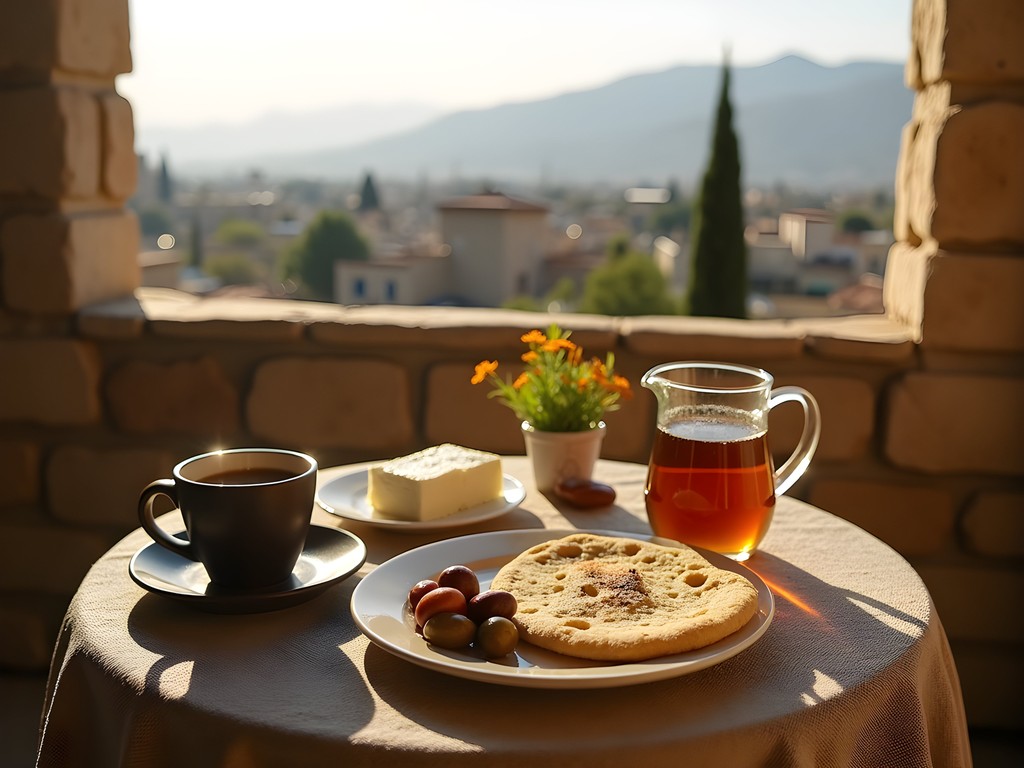
💡 Pro Tips
- Use the 'Baalbek Beyond' Facebook group to find vetted homestay opportunities with English-speaking families
- Bring a small gift from your home country for your hosts – I brought maple syrup from Canada
- Ask your hosts about local water conservation practices – you'll gain fascinating insights into traditional ecological knowledge
Navigating the Local Market Like a Pro
Every Thursday, Baalbek's main market (souk) transforms the streets surrounding Al-Nour Mosque into a vibrant tapestry of local produce, handcrafts, and community life. Unlike the tourist markets in Beirut, prices here reflect the local economy – I filled my backpack with a week's worth of seasonal produce for under $15.
The market experience goes beyond shopping; it's a social institution where environmental practices I've studied professionally come to life. I watched elderly farmers exchange heirloom seeds while discussing rainfall patterns, a centuries-old climate adaptation strategy now validated by modern science.
To fully embrace the market experience, bring a reusable produce bags set to avoid single-use plastic – a small gesture that earned appreciative nods from vendors. The locals are working hard to reduce plastic waste, and your participation in this effort creates immediate rapport.
Don't miss the spice vendor at the northwestern corner of the market. Mr. Khalil has been blending za'atar and sumac for over 40 years, and his proprietary mixes make perfect gifts to bring home. He vacuum-seals them in compact packages perfect for traveling.
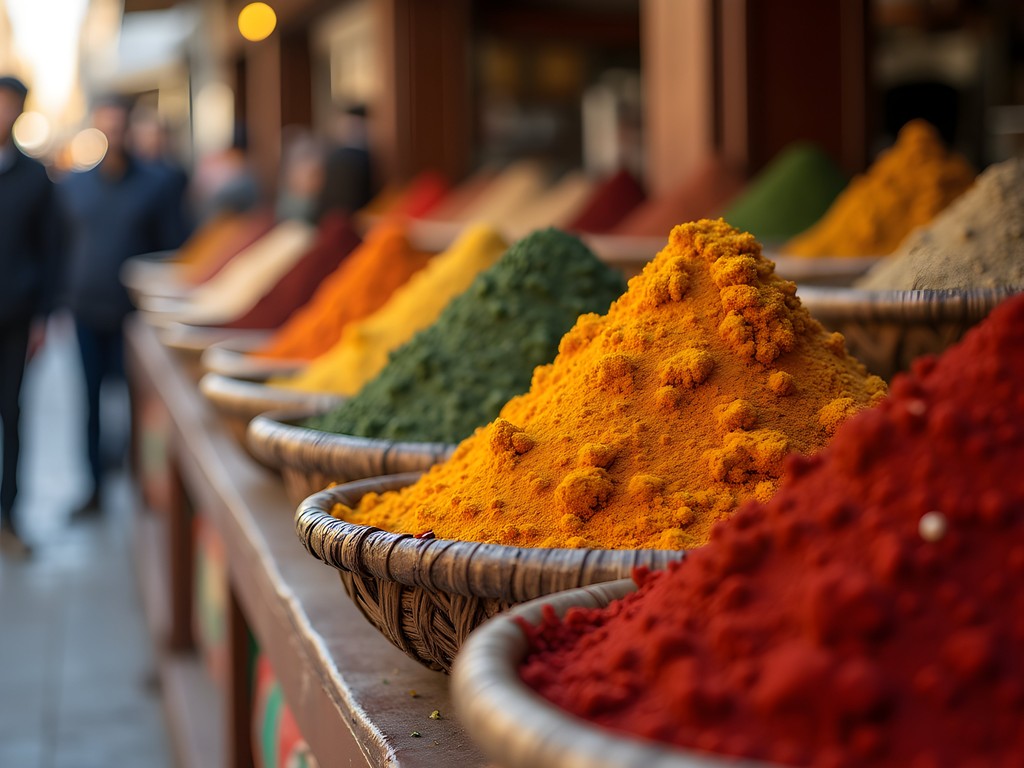
💡 Pro Tips
- Arrive before 9 AM for the freshest selection and to avoid midday heat
- Learn basic Arabic phrases for numbers and greetings – vendors appreciate the effort and often offer better prices
- Ask vendors about their farming practices – many use traditional organic methods passed down through generations
Community-Based Eco-Tours Beyond the Ruins
While Baalbek's UNESCO-listed Roman ruins are undeniably spectacular, the surrounding Bekaa Valley offers equally impressive natural and cultural experiences that benefit local communities directly.
I connected with the grassroots collective Bekaa Eco-Adventures through my homestay host. For $30, their day-long guided hike took me through ancient cedar groves and traditional agricultural terraces that demonstrate ingenious water management systems dating back millennia. My guide, Leila, a local environmental science student, shared how these traditional farming methods are being studied as climate-resilient agriculture models.
For early morning hikes in the surrounding hills, I relied heavily on my hiking water filter to safely drink from natural springs along the trail. This eliminated the need for plastic water bottles while connecting me to the same water sources that have sustained this region for thousands of years.
The highlight was joining a community olive harvest on a small family farm, where I learned traditional pressing techniques and the importance of olive cultivation to both local ecology and cultural identity. The experience culminated in a farm-to-table lunch where everything – from the olive oil to the vegetables to the bread – was produced within a 5-mile radius.
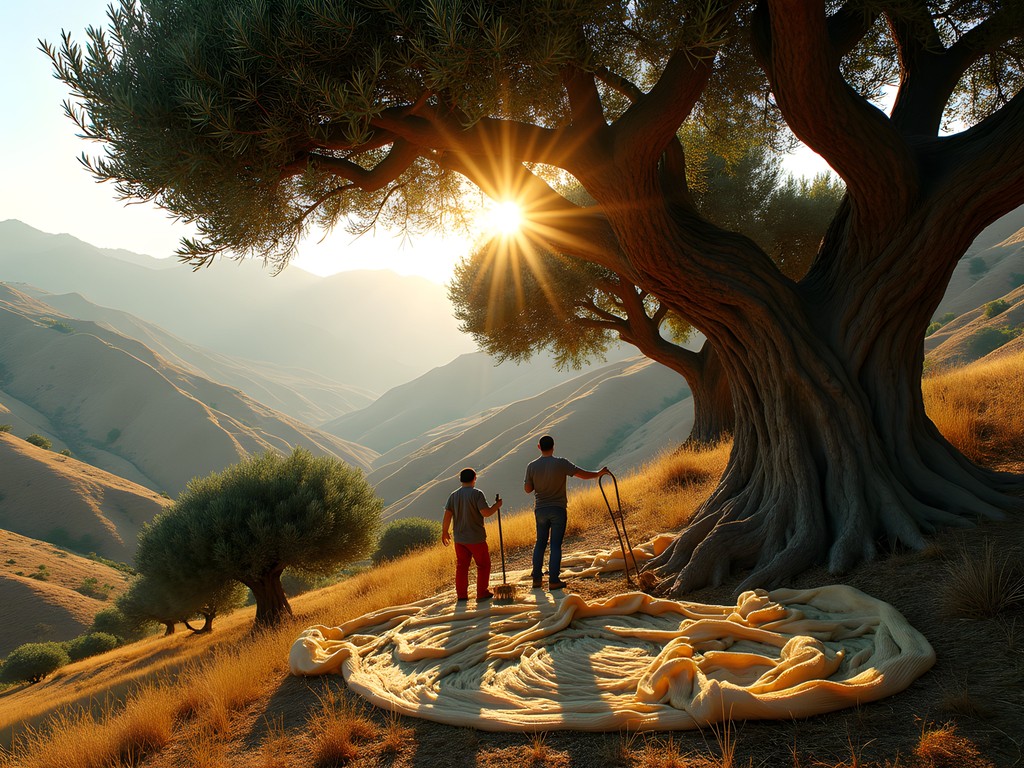
💡 Pro Tips
- Book eco-tours directly through local guides rather than hotels to ensure money benefits the community
- Dress modestly for rural areas – lightweight long pants and shirts with sleeves show respect
- Ask about seasonal agricultural activities you might participate in – from olive harvesting to grape picking
Evening Rituals: Tea Houses and Community Gatherings
As the day cools, Baalbek transforms. Locals emerge for the evening stroll (mashy) along the main boulevard, and the tea houses fill with animated conversation, traditional games, and the sweet scent of apple tobacco from water pipes (argileh).
At Café Al-Manara, I found myself welcomed into multigenerational gatherings where politics, poetry, and daily life intertwined over seemingly endless cups of mint tea. While initially hesitant as an outsider, I discovered that expressing genuine interest in local environmental challenges – particularly water scarcity issues – opened meaningful conversations about climate resilience.
For women travelers, I recommend joining the evening women's circle at Sitt Amina's courtyard café, where local women gather to share stories and traditional handicrafts. I brought my travel sketchbook and found that drawing alongside the women created immediate connections despite language barriers.
During my stay, I participated in a community discussion about plastic pollution in the nearby Litani River. Using my background in climate science, I shared simple water testing techniques using a water quality tester that several community members have since adopted for citizen science monitoring.
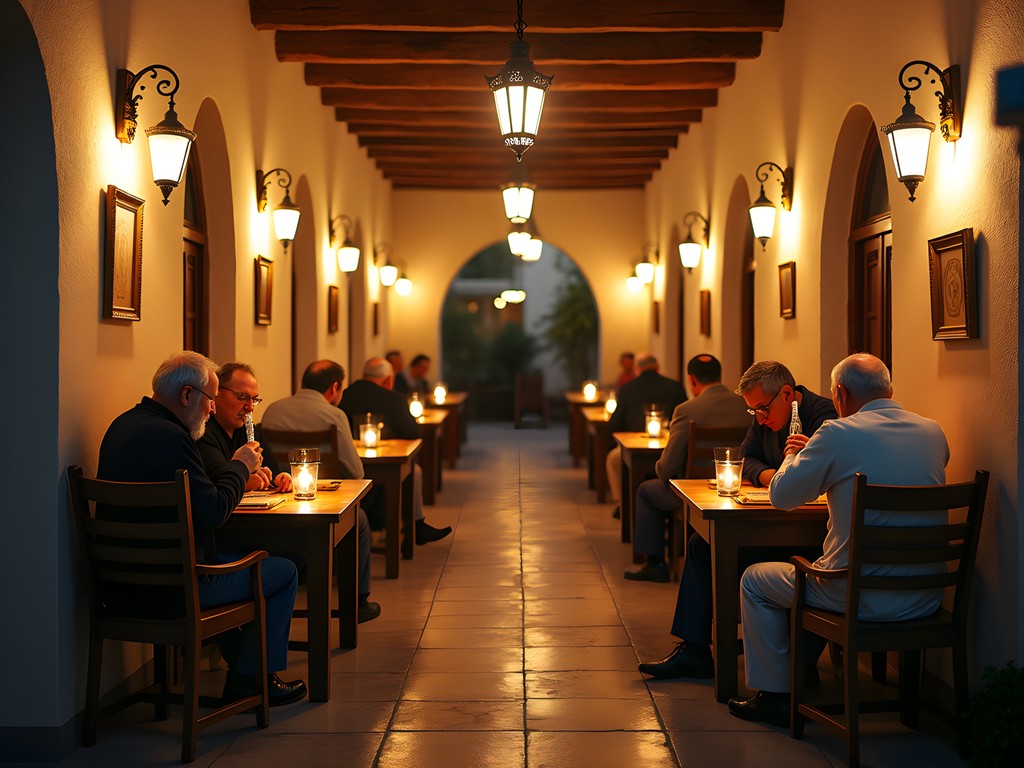
💡 Pro Tips
- Learn to play backgammon (tawla) – it's the perfect icebreaker in tea houses
- Ask about local environmental initiatives – many residents are passionate about protecting their natural heritage
- Respect the gender-specific social spaces, especially in evening gatherings
Sustainable Day Trips from Baalbek
Using Baalbek as your base, several nearby destinations offer deeper insights into Lebanon's environmental and cultural landscape without the carbon footprint of constantly changing accommodations.
The ancient Umayyad ruins of Anjar are just 45 minutes away by shared van (service) and provide a fascinating contrast to Baalbek's Roman architecture. What many tourists miss is the adjacent wetland restoration project where local conservationists are revitalizing critical bird habitat. I spent a morning with their volunteer team, using my compact monocular to spot migratory species returning to the rehabilitated marshes.
For a truly local experience, join the weekend hiking groups that depart from Baalbek's central square every Saturday morning. These community-organized treks cost nothing but explore breathtaking mountain trails that never appear in guidebooks. On these hikes, I used my solar charger to keep my phone powered for GPS tracking and photography while demonstrating renewable energy in action – a concept that sparked numerous conversations about energy alternatives for remote villages.
My favorite day trip was to the organic vineyard cooperative in nearby Zahle, where traditional grape varieties are being cultivated using climate-adaptive techniques that require minimal irrigation – crucial knowledge for agriculture in increasingly water-stressed regions.
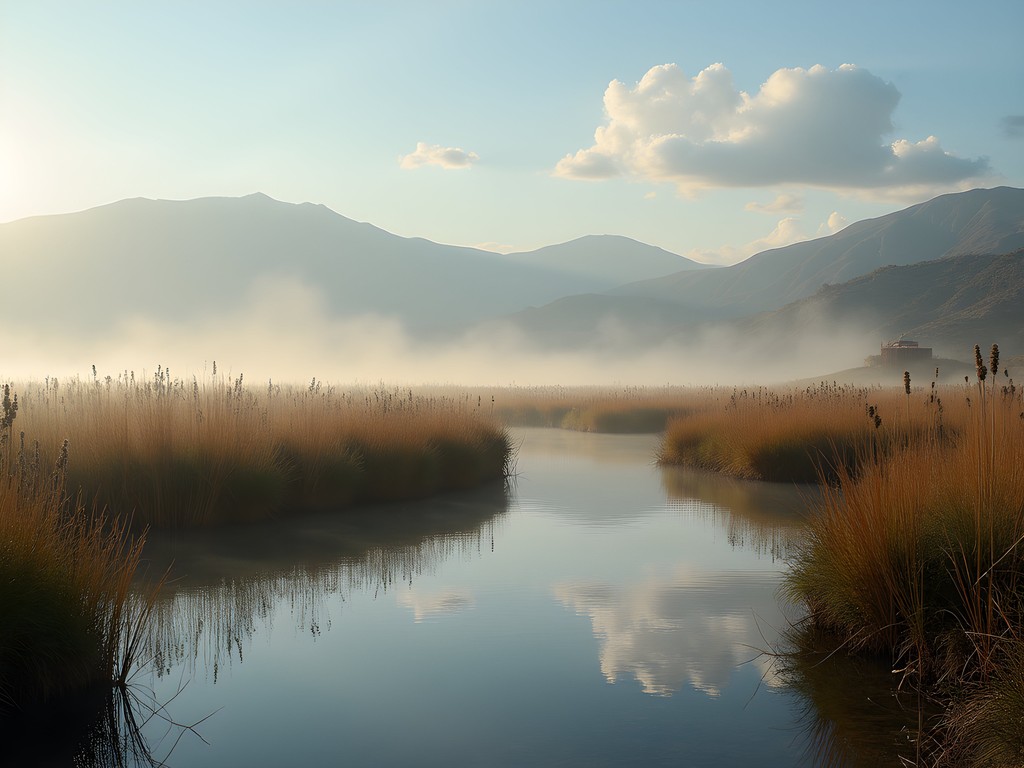
💡 Pro Tips
- Use shared transportation (service vans) rather than taxis for authentic local travel experience and lower carbon footprint
- Download maps.me app for offline navigation of trails and small villages
- Bring water purification options as plastic bottle waste is a significant issue in remote areas
Final Thoughts
As my week in Baalbek came to a close, I found myself sitting once more on my host family's balcony, watching the ancient columns of the Jupiter Temple glow golden in the sunset light. What began as simply another destination on my journey had transformed into a profound lesson in community resilience and sustainable living. In Baalbek, the past and future converge – ancient water harvesting techniques inform modern climate adaptation, while young activists use traditional social structures to build environmental awareness.
By choosing to experience Baalbek like a local rather than as a tourist, you not only gain authentic cultural insights but also contribute directly to a community working to preserve both its heritage and natural environment. The connections you'll make here – from sharing meals with host families to learning traditional ecological practices – offer something far more valuable than photographs of ruins: they offer hope for sustainable tourism that truly benefits both travelers and communities.
I left with a backpack full of local spices, a notebook filled with traditional ecological knowledge, and the conviction that places like Baalbek hold crucial wisdom for our climate-challenged world. Will you discover it too?
✨ Key Takeaways
- Homestays provide the most authentic and affordable way to experience Baalbek's culture
- Local markets and community initiatives offer insights into traditional ecological knowledge relevant to climate resilience
- Engaging with environmental projects creates meaningful connections beyond typical tourist experiences
- Sustainable day trips from a Baalbek base reduce your carbon footprint while supporting local transportation
📋 Practical Information
Best Time to Visit
Mid-March to early May
Budget Estimate
$30-50/day including homestay, food and local transportation
Recommended Duration
5-7 days
Difficulty Level
Easy

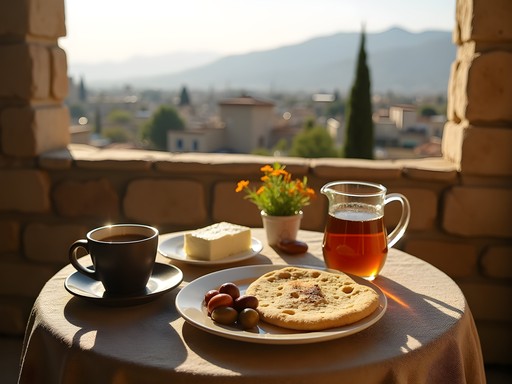
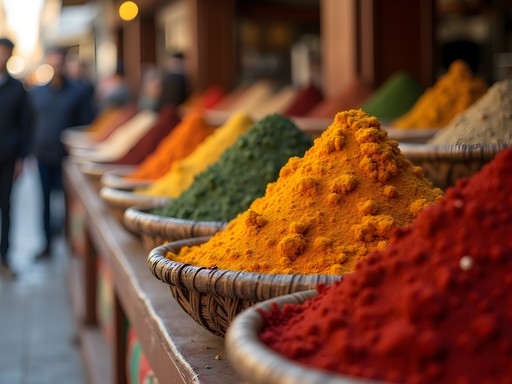
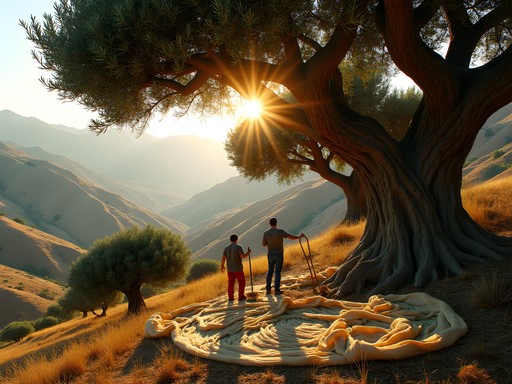
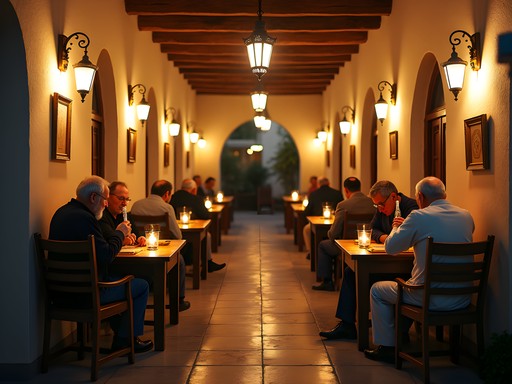
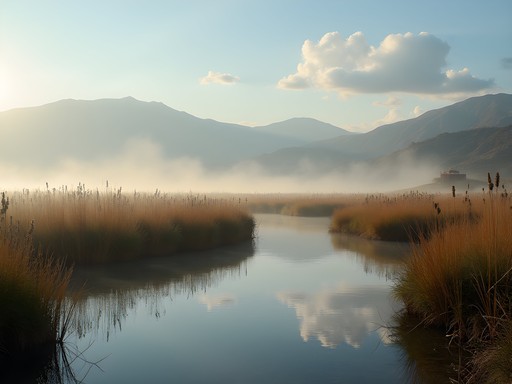


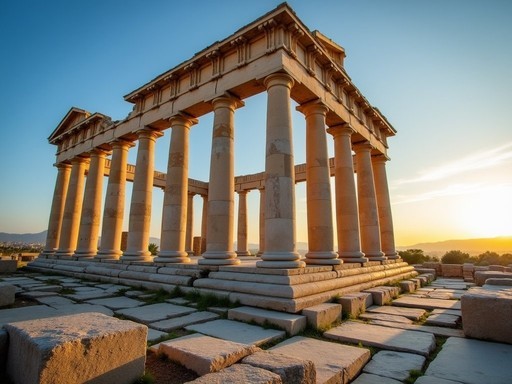
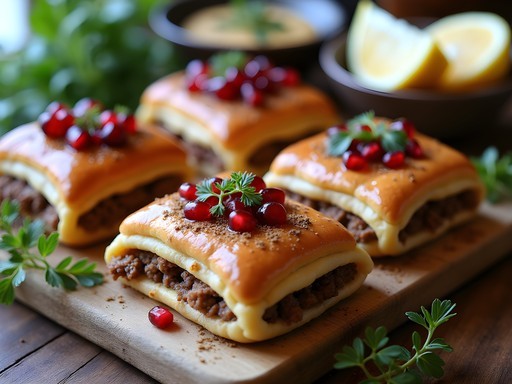
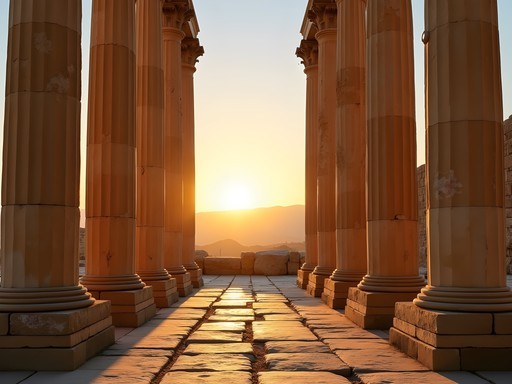
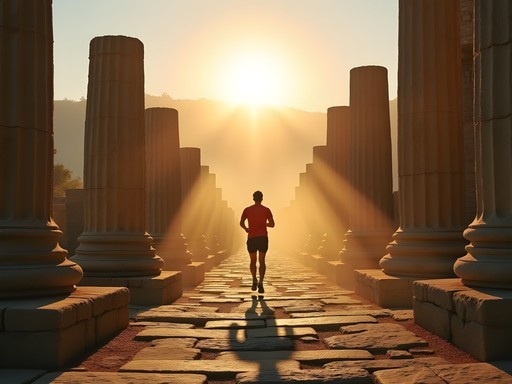
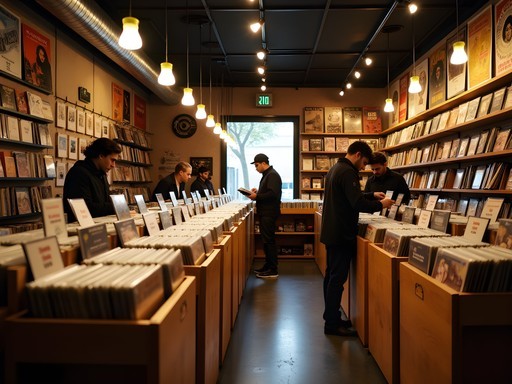
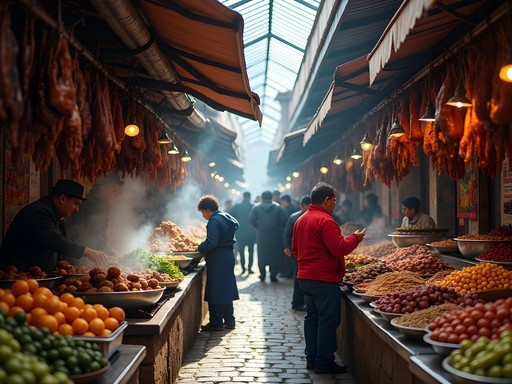
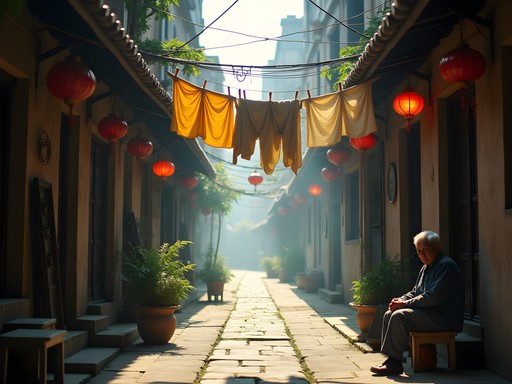
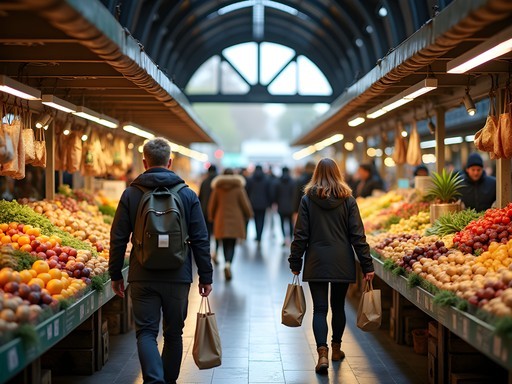
Comments
journeyfan200
Just got back from Lebanon last month and spent 3 days in Baalbek following many of your recommendations! The community eco-tour was fantastic - our guide Marwan took us to his grandmother's house where she taught us how to make proper tabbouleh and kibbeh. Those mountain trails you mentioned beyond the ruins were the highlight of our trip - barely any other tourists and the views were incredible. One tip to add: there's a small family-run café called Kahwet el Jabal about 10 minutes walk from the Jupiter Temple that serves the most amazing knafeh I've ever had. The grandfather there tells fascinating stories about the area's history if you speak a bit of Arabic (or have a patient translator). Thanks for inspiring us to go beyond the typical tourist experience!
dreampro
Great post! I'm planning a trip to Lebanon next year and Baalbek is definitely on my list. How safe did you feel staying with a local family? And did you need to know Arabic to get by? I'm a bit nervous about the language barrier but really want that authentic experience you described. Also wondering if you had any issues with transportation from Beirut?
journeyfan200
Not the author but I've been to Baalbek twice. It's very safe with locals, many speak some English especially younger people. For transport, I used the Connexion buses from Beirut - super cheap and reliable. Just bring a good phrasebook and learn a few basic Arabic greetings - goes a long way!
dreampro
Thanks so much! That's really reassuring. Did you use a specific app for translation or just managed with basic phrases?
journeyfan200
I used offline translator which was handy when cell service was spotty. But honestly, smiles and hand gestures worked just as well most times!
Casey Andersson
Adam, your piece transported me straight back to my own visit to Baalbek last year! Though I stayed at a boutique hotel rather than with a family (missed opportunity there!). That morning coffee ritual with cardamom is something I still try to recreate at home in Wellington. The tea houses you mentioned were absolute highlights for me too - especially that one near the old souk where the owner insisted on showing us how to properly brew the mint tea. Did you get a chance to visit the small vineyard about 20km outside town? They're doing amazing things with indigenous grape varieties and the views of the valley are spectacular. I'm heading back to Lebanon next spring and definitely taking your community eco-tour recommendation!
dreampro
Casey, which tea house was that? I'm heading there in October and would love to check it out!
Casey Andersson
It's called Beit el Chai - small place with blue shutters just off the main market street. The owner Abbas is a character! Tell him the Kiwi girl sent you 😊
nomadlegend
This is amazing! Never thought about staying with local families there. How did you arrange that?
Casey Andersson
I've used Homestay.com for similar experiences in the Middle East. Local connections are absolutely priceless!
nomadlegend
Thanks! Will check it out for my trip next year.
skyqueen
Just got back from Lebanon and used many of your tips, Adam! The community eco-tour was incredible - we hiked with a local guide who showed us ancient water systems and rural villages that aren't in any guidebook. Our guide Hassan was incredibly knowledgeable about both the ancient history and current agricultural practices. The family we stayed with insisted on teaching us how to make proper Lebanese coffee and sent us home with a bag of their special cardamom-coffee mix. One tip for others: learn a few Arabic phrases before going - it makes such a difference in how locals receive you, even if you butcher the pronunciation (like I did)!
backpackninja
Any food recommendations beyond what's in the post?
Adam Lopez
Try the local sfiha (meat pies) from the bakery on the corner near the old mosque - life-changing! And don't miss the seasonal fruit preserves that many families make at home.
Casey Andersson
Adam, your post brought back so many memories! I visited Baalbek three months ago but took a completely different approach - stayed at the boutique hotel near the ruins and mostly did guided tours. Reading your experience makes me realize how much I missed of the authentic local culture. The cardamom coffee ritual you described reminds me of similar experiences I had in Jordan. I did manage to find that amazing bakery near the main square that makes the manakish with za'atar - absolute heaven! For anyone going, I recommend bringing a good travel journal to document all the little details and recommendations from locals. My next visit will definitely include a homestay!
blueclimber
Those market tips are gold! Saving this for my trip next year.
globeperson
How safe did you feel staying with a local family? I'm planning a solo trip and a bit nervous about Lebanon.
Adam Lopez
I felt completely safe with my host family - they were incredibly welcoming and protective. Just use common sense, respect local customs, and check current travel advisories before going. The hospitality in Lebanon is legendary!
skyqueen
I traveled solo in Lebanon last year and had the same experience - incredibly safe and welcoming. Just dress conservatively in more traditional areas like Baalbek and you'll be fine!
skyway
Those sunrise photos over the ruins are incredible!
Adam Lopez
Thanks! The light in Baalbek at dawn is truly magical - worth the 5am wake-up call!
Venture X
Premium card with 2X miles, $300 travel credit, Priority Pass